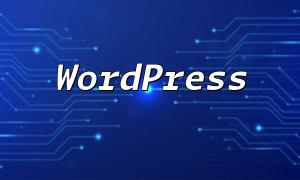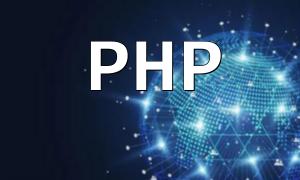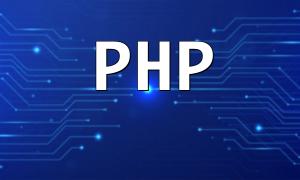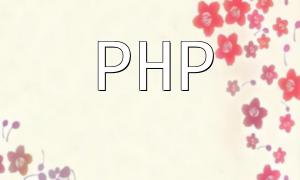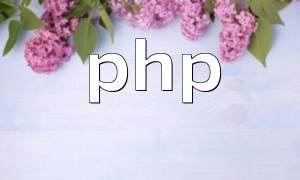In PHP programming, a global class refers to a class that can be accessed anywhere within the program. Typically, a class is defined in a PHP file, and to use that class in other files, the file containing the class must be included. However, in certain scenarios, it might be necessary to make a class accessible throughout the entire program, and in such cases, a PHP global class is required.
To define a PHP global class, you can use PHP's built-in global variable, $GLOBALS. By assigning an instance of the class to an element within the $GLOBALS array, you can make the class instance accessible throughout the entire program.
In the above code, an instance of the MyClass class is created and assigned to an element in the $GLOBALS array. Since $GLOBALS is a super global variable, it can be accessed anywhere in the program.
To access a PHP global class, you simply retrieve the stored class instance from the $GLOBALS variable and interact with that instance.
In the code above, we access the previously stored MyClass instance through $GLOBALS and call a method on that instance.
There are several important considerations when working with PHP global classes:
To avoid having global classes with the same name across different files, you should ensure that class names are unique. A common practice is to add a prefix to the class name, such as:
Although global variables can be accessed anywhere in the program, they often reduce the maintainability of the code and may cause unexpected naming conflicts. Global variables should be avoided, especially when working with PHP global classes.
Since PHP global classes can be accessed throughout the entire program, it is particularly important to protect the data within them. To prevent accidental modification or exposure of data, the following measures can be taken:
PHP global classes provide a convenient mechanism for program-wide access, allowing class instances to be used across multiple files. However, when using PHP global classes, it's crucial to ensure class name uniqueness, avoid overusing global variables, and protect data within the class. If used appropriately, PHP global classes can significantly improve the maintainability and efficiency of the program.
